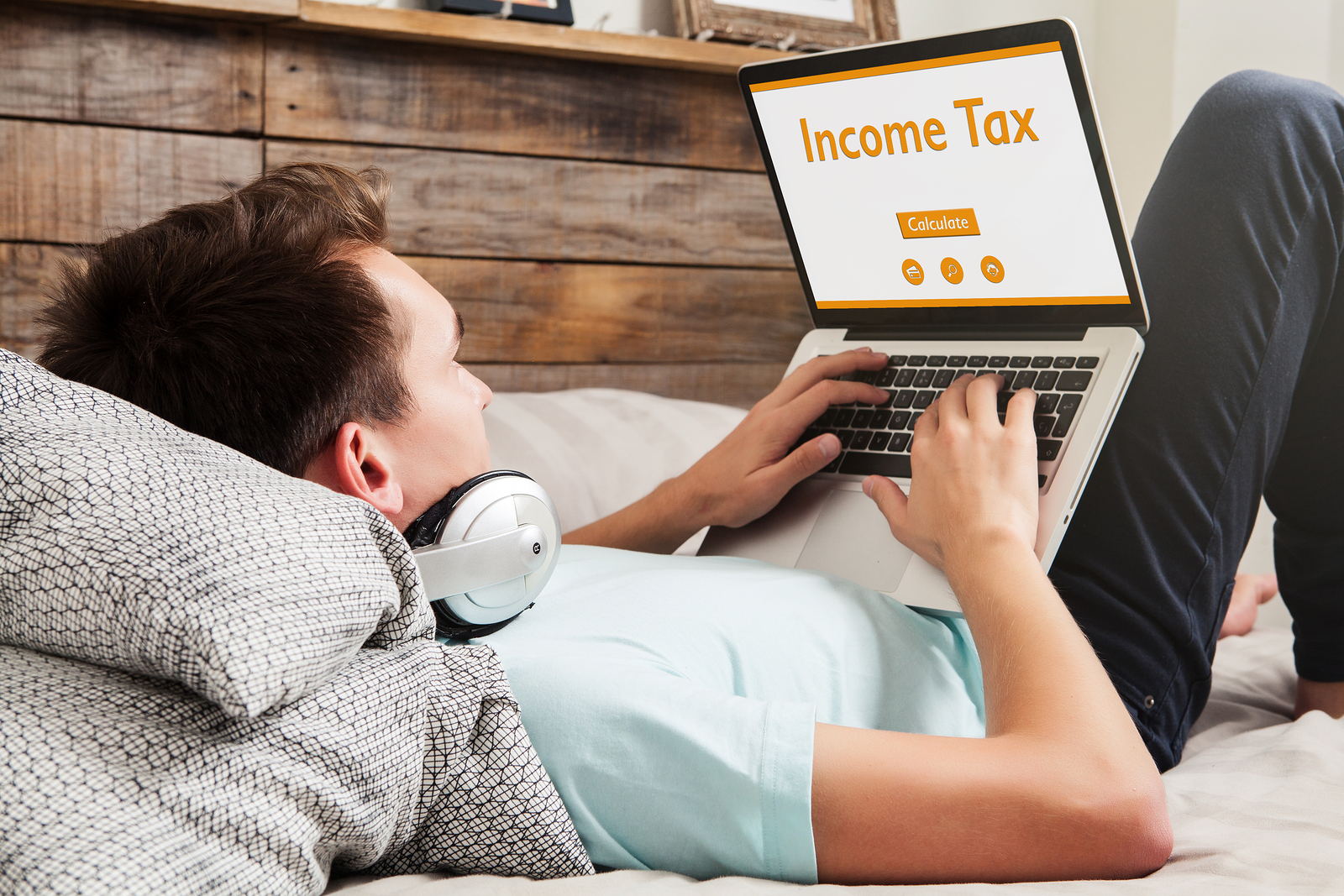National Insurance, income tax, and other deductions are fairly straightforward when you’re employed. Your employer will deduct them from your wages each payday, and send them on to HMRC via PAYE.
But when you’re self-employed it’s your responsibility to make sure you pay the right amount of tax on the income you earn each year, by submitting Self Assessment tax returns.
Self Assessment isn’t just about income tax though, and your bill can also include any National Insurance that you owe on your self-employment income.
What is National Insurance?
Anyone over the age of 16 who is earning or has self-employed profits over a specific amount will need to pay National Insurance. These contributions give you an entitlement to certain benefits, including the state pension. National Insurance contributions also help to fund the NHS.
There are different types of National Insurance, known as classes. The type that you pay depends on how much you earn from a particular source of income. For instance, employees normally pay Class 1 NI on income they earn from an employer.
What type of NI do self-employed people pay?
There used to be two types of National Insurance for self-employed people, but since 2024/25 onwards you only need to pay one:
- Class 4 NI: Charged as a percentage of the profits you make from being self-employed
This means you won’t pay Class 2 NI on your 2024/25 tax return.
How much will I have to pay in Class 4 NICs?
Just to make things confusing, there are two rates of Class 4 National Insurance!
- Lower Profits Limit (LPL): You’ll pay NI at a rate of 6% on any profit amounts over £12,570 in 2024/25 and 2025/26
- Upper Profits Limit (UPL): You’ll then pay Class 4 NI at a rate of 2% on any profits over £50,270
How do I register for Class 4 NICs?
You’re automatically signed up for National Insurance and any other tax contributions that you need to make when you register for Self Assessment with HMRC.
When and how do I pay my NICs?
HMRC will use the information you provide in your Self Assessment tax return to work out your tax bill. The total amount will consist of any income tax and National Insurance you owe, as well as any other taxes you need to pay.
The deadline to submit your tax return and pay the bill for Self Assessment is 31st January following the end of the tax year that you need to report. You can submit your return much earlier, but this doesn’t affect the payment deadline – which can be useful if you need to budget for it!
What are Class 3 NI contributions?
Making Class 3 contributions is voluntary, so you might decide to make Class 3 NICs if you have gaps in your record from previous years. For example, this could be because you took a career break and now want to ‘top-up’ your contributions in order to get the full state pension. Just note that there are certain time limits that apply here, so you can only fill in the gaps from up to 6 years ago.
More information, and the form you need, can be found on the Gov.uk website.
Whether you’ve been self-employed for ages or are just taking your first steps, tax and National Insurance can be daunting. That’s why it’s well worth getting professional accountancy support. Find out more in our online information hub, or see our Guide to Finding the Right Accountant.








Leave a Reply